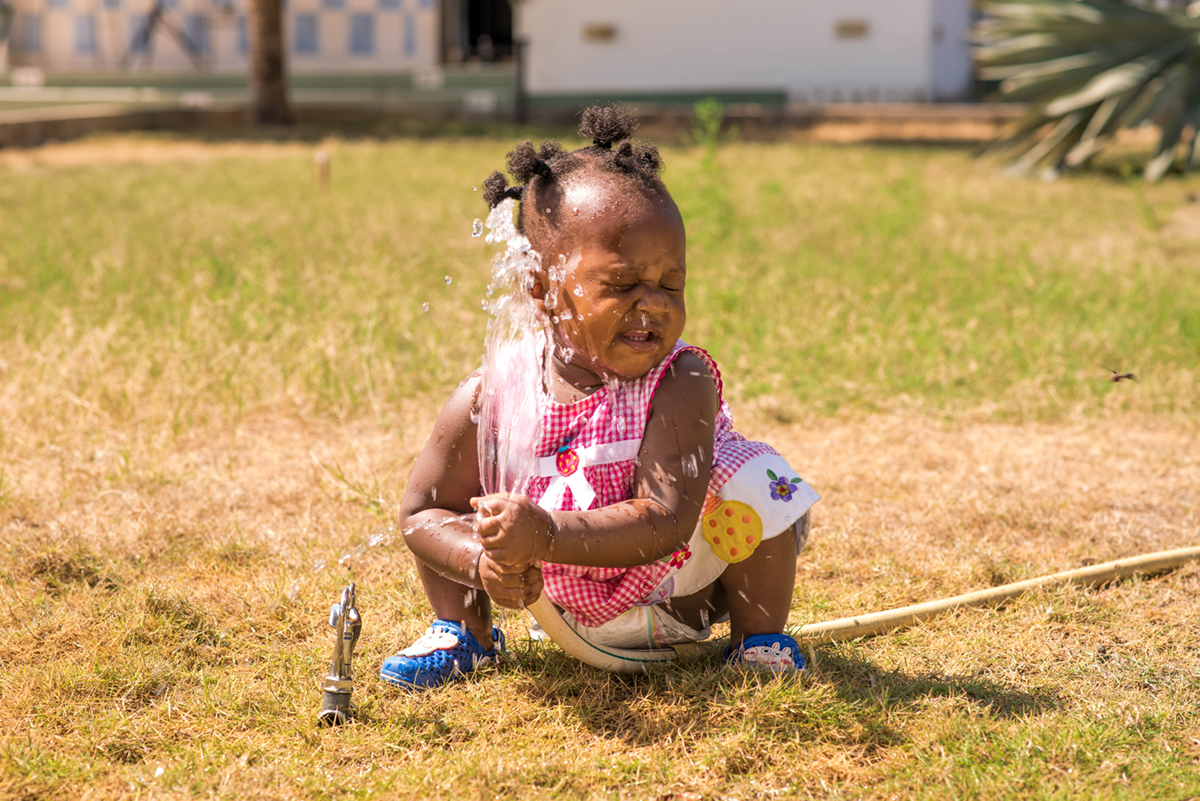
Children may suffer from dehydration for many different reasons. This lack of sufficient amounts of water in one’s organism may be directly influenced by diarrhea, vomiting, excessive sweating or urination and many other, possible reasons. Naturally, dehydration can, and often is, provoked by not drinking enough water in the first place, which is a case more common in children than in adults.
Reasons behind Dehydration in Children
When children and dehydration are concerned, there are several main causes of this condition. Namely, some of the above mentioned conditions may be caused by a bacterial or a viral infection affecting the child, triggering diarrhea, vomiting and other problems. Also, these microorganisms can make one feel less thirsty, leading to dehydration too. Thus, any refusal of drinking and eating by your child may all indicate a chance of a bacterial infection, affecting the child’s appetite and thirst.
Manifestations of Dehydration
Less urination sessions are a clear sign of dehydration. Thus, once the child’s diapers are dry too often, take it as a bad sign. Sunken eyes are also very common under these conditions. Babies, once suffering from dehydration, tend to have the upper part of their head softer than usual. Additionally, if a baby or a child cries without tears, take it as a sign of dehydration. Irritability, dry or sticky mouth and lack of strength and power all can be clues as well.
If you are not sure what to do and your child remains showing any of the symptoms above, seek medical assistance as soon as possible and ask them for advice. This is a must, especially if the child is vomiting excessively or having a high fever, let alone experiencing any kind of pain.Diagnosis and Possible Treatment
Upon visiting the doctor, he or she will examine the child, searching for any dehydration symptoms and checking into his/her medical history. Blood and urine analysis may be necessary in order to rule out or diagnose any microorganisms behind the condition. Alternatively, the doctor may need to do an X-ray of the child’s chest, examine the stool or perform a spinal tap, all for the sake of a successful diagnosis and treatment establishing.
Means of Prevention
Once your child starts suffering from diarrhea or other conditions which expel water from the organism, make sure you compensate for the losses by giving your child enough water to drink. Moreover, you might opt for oral re-hydration solutions, which are rich in minerals, salts and all the nutrients our body loses while troubled by dehydration. Also, regardless of the vomiting, make sure your child eats pasta, rice or potatoes every 4 hours. Finally, be careful, check your child for any dehydration symptoms and, if you fail to fight an infection or any other dehydrating conditions, seek medical assistance as soon as possible.


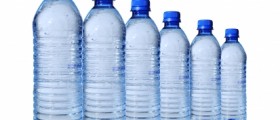


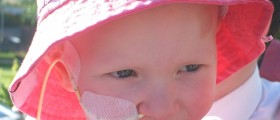


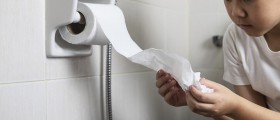



_f_280x120.jpg)
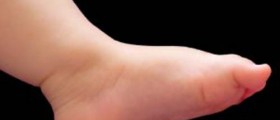



Your thoughts on this
Loading...